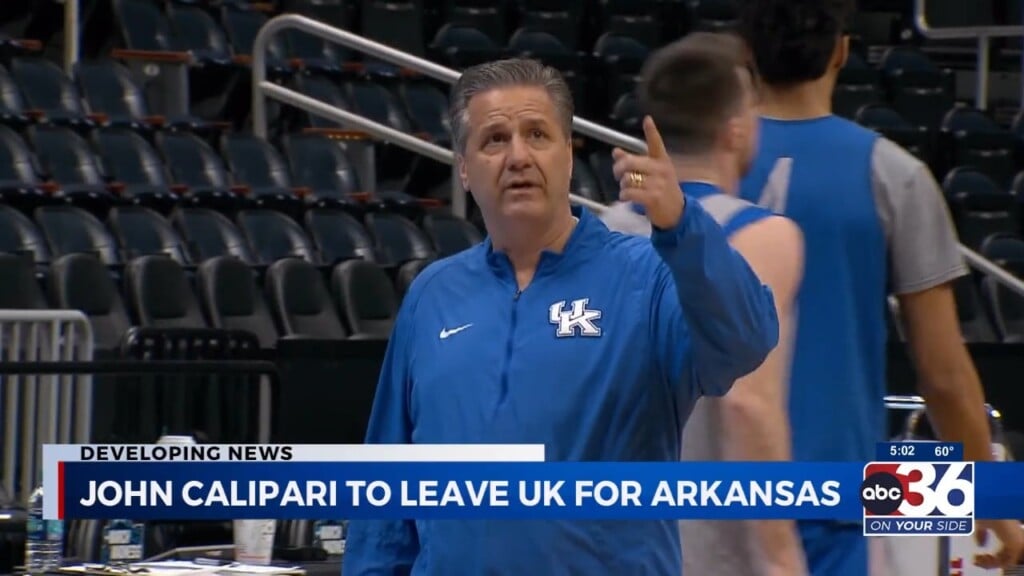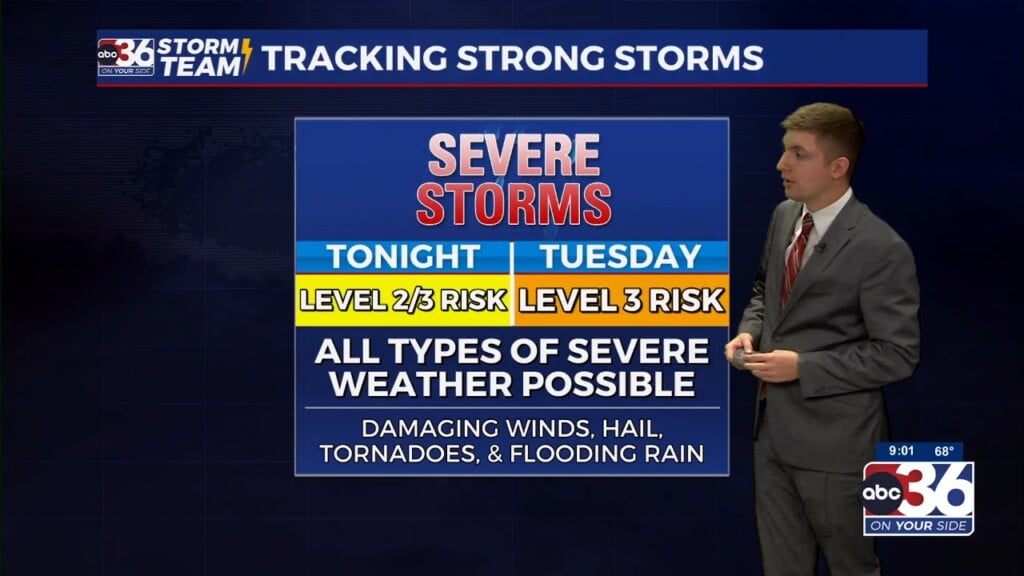Lawmakers discuss student mental health concerns, entrepreneur opportunities for Appalachia
FRANKFORT, Ky. (WTVQ/Press Release) – Children of all ages across the Commonwealth are facing a major mental health crisis.
Student mental health professionals testified before the Interim Joint Committee on Education today on what the Kentucky legislature can do to help students suffering from mental illness and suicidal ideation.
The speakers proposed legislative solutions that include more mental health first aid training for teachers at all grade levels and more social-emotional learning programs to prevent mental health issues before they begin. A workforce shortage in the mental health field is also a concern along with a dearth of funds to hire professionals in schools.
Linda Tyree, the crisis response director for the Green River Regional Educational Cooperative (GRREC), said the cooperative is typically called into schools after a death or serious injury of a student or staff member. More recently, GRREC has been called in to aid students suffering from depression, anxiety and suicidal ideation.
The COVID-19 pandemic has led to a nationwide mental health crisis, especially for students who spent most of the last school year learning remotely, Tyree said.
“We know there was a lot of exposure to trauma, to stress, family stress, and even exposure to pornography when they’re learning online,” Tyree said. These challenges, along with the normal problems of adolescence, have taken a major toll, she added.
Amy Riley, a school counselor at Mercer County Schools, said her school is suffering severely from the student mental health crisis.
“There were weeks this past spring, shortly after returning from virtual learning, that we would assess two to three students a day for viable suicidal threats,” Riley said. “Many students had to be hospitalized or closely monitored.”
Riley told lawmakers she works with children who are 8 to 10-years-old and before coming to testify, she did a suicide risk assessment on a 9-year-old.
“In my own building where we employ a school counselor, a school social worker, and a school psychologist, there are days when the three of us scramble to meet the intense mental health needs of our 600-plus students,” stated Riley.
Riley said Kentucky’s schools are in desperate need of more mental health professionals.
“It is my earnest plea that when making crucial funding decisions you not forget the mental health needs of Kentucky students,” Riley said. “Any money and resources spent on mental health needs in Kentucky schools is money that will have an infinite return for the investment.”
Marsha Duncan, a social-emotional learning specialist for LaRue County Schools, testified that in the last two years she’s done risk assessments on children as young as third-grade, which was a first for her in more than 20 years in public education.
“The needs are many, but the resources are few,” Duncan said, adding a lack of people entering the mental health field and a lack of funding for schools and communities to address mental health needs is a major issue facing the Commonwealth.
Duncan said many students are dealing with grief. Some are mourning the loss of someone they knew to COVID-19 and others are mourning the loss of fun activities and normalcy. Children are also afraid of getting sick or losing someone else they love, she added, and adults in schools are suffering from mental health issues too.
Following the testimony, committee co-chair Rep. Regina Huff, R-Williamsburg, asked if the speakers had statistics on the youth suicide rate in Kentucky.
Comparing a three-month period in the last year to the same time in 2019, the youth suicide rate increased 57%, Tyree said. Just last Thanksgiving, GRREC assisted a school district following the suicide of an 11-year-old. Tyree said that’s the youngest death by suicide she’s seen.
Rep. Shane Baker, R-Somerset, asked what parents, educators and community members can do in regards to prevention.
Riley responded that one thing parents can do is become very involved in the social-emotional learning at their child’s school and to advocate for a strong tier-one social-emotional learning curriculum.
Tyree agreed, adding that tier-one social-emotional learning means that every kindergartener and first-grade student participates in lessons on how to articulate their feelings, regulate their feelings, and develop other social-emotional skills.
Although lawmakers cannot take legislative action on this issue until 2022, Rep. Tina Bojanowski, D-Louisville, who is also an elementary special education teacher, said she would strongly support additional funding for mental health counselors in schools.
Rep. James Tipton, R-Taylorsville, said he would reach out to university presidents about their mental health professional programs and recruitment.
Later in the committee meeting, two Kentucky business owners expressed their vision to provide opportunities for budding entrepreneurs in Appalachia.
Kyle Wilson, CEO of Boom Beans, and Nick Such, Executive Director of Awesome Inc. went before state lawmakers to describe a new program that would help get start-ups off the ground for high school students.
The program would involve a social media and investment platform for networking and plans to guide young entrepreneurs. The non-profit hopes it would result in growing more Appalachian businesses in the state.
“I think really getting those young folks a seat at the table and a conversation and really a network that starts in Appalachia but can grow around the state is a big piece of what success looks like with this Boom Beans program,” said Such.
Some lawmakers applauded the new pathway for individual success while others were concerned about funding seeming more like a loan.




Leave a Reply